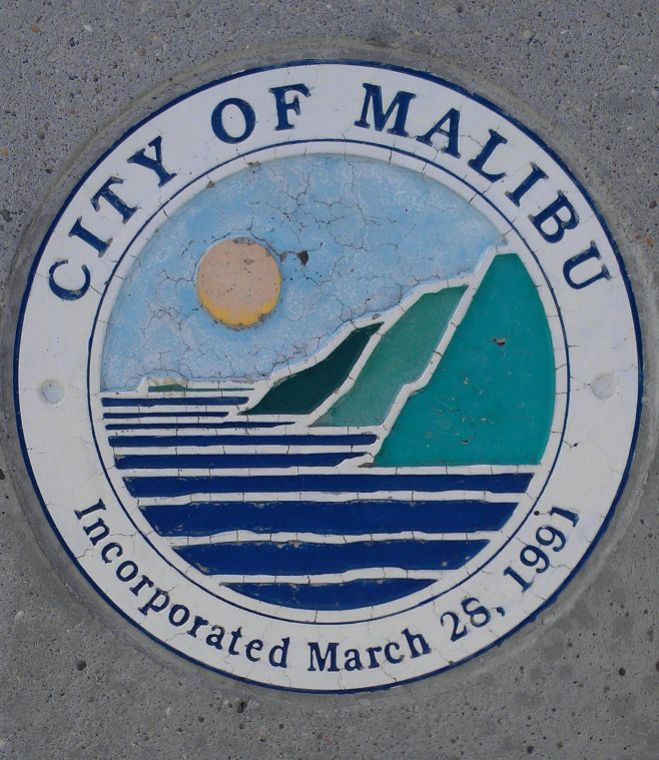In a split decision last Tuesday, and facing pushback from local environmentalists, Malibu City Council voted to allow owners of a vacant lot in the Civic Center to gain rights to connect to the second phase of the City of Malibu Wastewater Treatment Facility.
Mayor Karen Farrer and Council Members Skylar Peak and Rick Mullen voted in favor of the move, which settled a lawsuit filed against the city in late 2019. Mayor Pro Tem Mikke Pierson and Council Member Jefferson “Zuma Jay” Wagner voted against it.
So, why wasn’t the property connected when other Civic Center parcels were assessed five years ago—after the State Water Board mandated that properties in the Malibu Civic Center could no longer use septic tanks (and therefore must either join a sewer plant or no longer function as commercial space)?
According to the city, Jerry Perenchio’s Malibu Bay Company back then had no plans to develop the property, 23855 Civic Center Way, which was described as a wetland by both city staff and members of the public who spoke at the Tuesday, May 26, virtual Malibu City Council meeting.
“The property was not designated into any phase of the city/water boards MOU [memorandum of understanding],” the meeting staff report described. “The Malibu Bay Company owned the parcel at the time … and the city staff’s recollection is that MBC requested to be excluded from the [memorandum], probably because it wanted to avoid the assessment on a property it had no immediate plans to develop.”
Activist Patt Healy said the land was always designated to be preserved.
“The Bay Company knew what they were doing, they were the ones who restored this wetland … They voluntarily gave up their development rights on the parcel,” Healy told council. Speaking about the new owners, an investment group called Third Point LLC, which purchased the property following Perenchio’s death, Healy added, “I think they’re just trying to push their way through to get development rights down the line.”
But according to City Attorney Christi Hogin, that was neither here nor there—not only did the city have no legal pathway to deny the investors the right to hook up to the sewer, but the sewer rights alone did not mean there would ever be a development.
Hogin recited various points in the proposed settlement—signed by Third Point—including that the “settlement agreement does not convey any development rights” and that the agreement “specifically acknowledges that there are mapped wetlands on the property.”
According to the city attorney, there was no way to outright deny the sewer hook-up. Hogin said she’d heard, “A lot of talk about, ‘What if we just didn’t let them hook up, would it just stay open space?’”
“That is not lawful,” she said. “There isn’t just a way to just deny access to basic services that every other property has to one property, as a way to create open space.”
The benefit to the settlement was that it would protect the city from future litigation and, as council members acknowledged, with budget uncertainties it was a wise move to shore up any loose ends.
“Putting any litigation for this behind us is a wise move for the city,” Peak said, adding, “It doesn’t mean we’re in favor of any development … I think it positions the city well in dealing with any property owners who would try to develop it.”
As part of the settlement, the city earned back $46,000 in legal fees.

